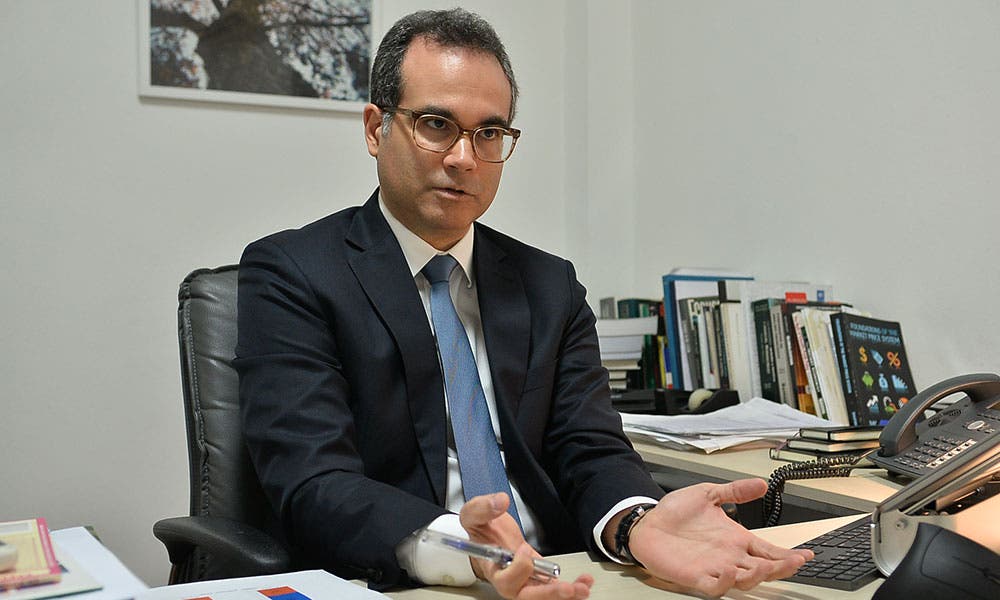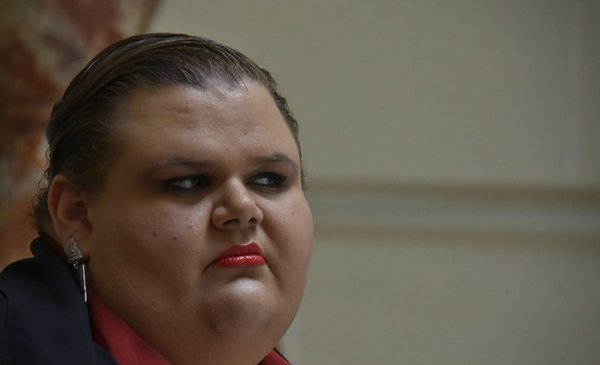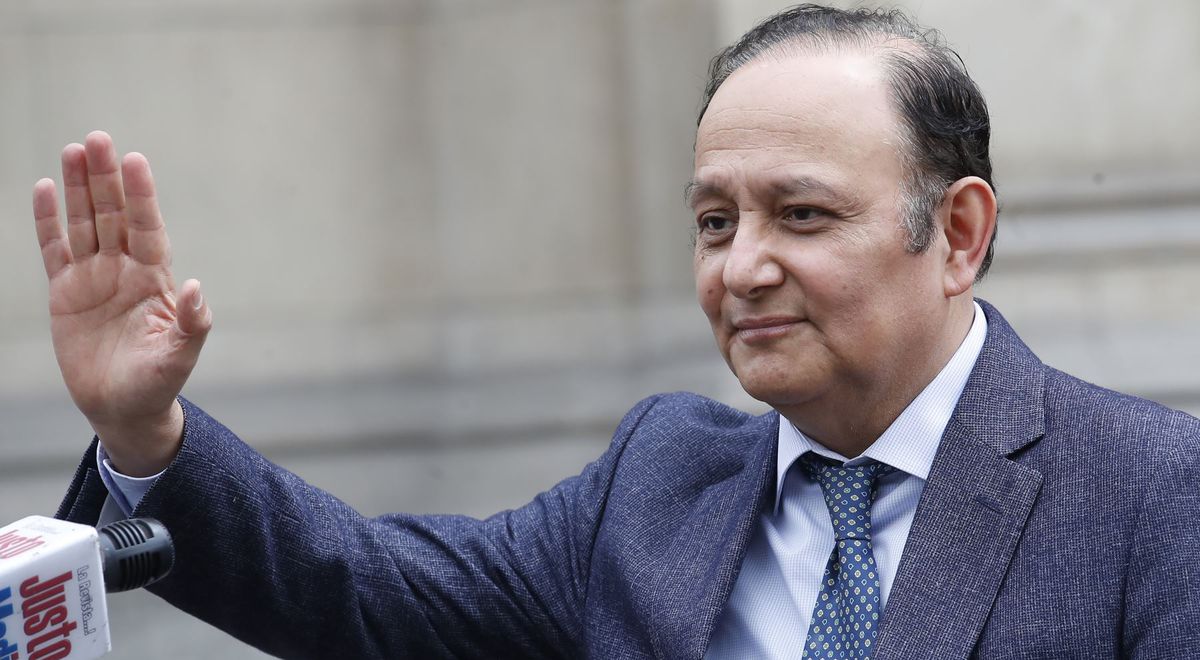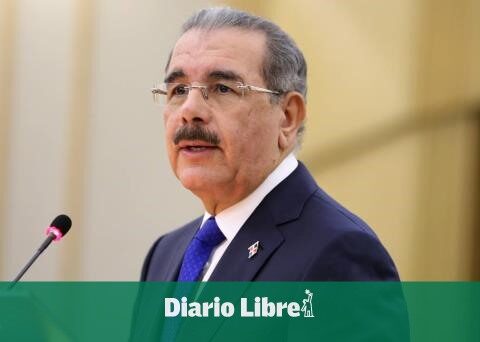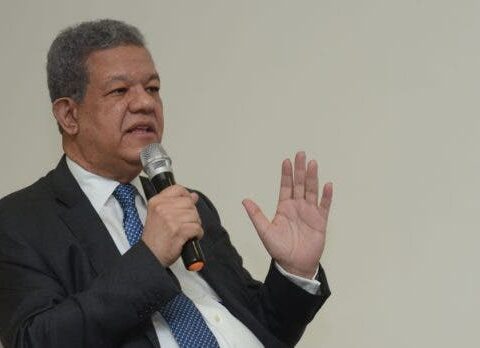The executive vice president of the Regional Center for Sustainable Economic Strategies (CREES), Miguel Collado DiFrancoconsidered yesterday that the government could curb inflation in the first quarter of this year through the reduction of fuel taxesinstead of practicing generalized subsidies to them.
“We understand that the ideal would be to reduce taxes on fuels and let the domestic price express the behavior of the price of oil at the international level,” he said.
He explained that if reduce taxes to fuels, prices would be reduced, which must be accompanied by a rationalization of public spending that compensates for this decrease in taxes.
He explained that the fuel subsidy represents a big cost in the budgetwhich should lead to savings in spending for other items to offset these expenditures.
Details
He considered that this subsidy benefits those who consume more fuel, who are those who have higher incomes.
He stated that this subsidy does not include the bonogas-home nor the bonogas-driver.
It favored that the economic agents and consumers see reflected the international behavior of the oil price at the moment of add gasoline or diesel.
On the other hand, Collado said that there is no evidence that this government spends better, as its officials in the economic area have pointed out, including the Minister of Finance, Jochi Vicente.
He specified that in education, which is the main item of expenditure, no improvements are perceived. He explained that the same goes for citizen security and health.
Advocates reforms public services
The reforms in public services would allow savings for taxpayers, said the economist Miguel Collado DiFrancoExecutive Vice President of the Regional Center for Sustainable Economic Strategies (CREES).
It is pertinent to explore schemes in which the private sector, under clear contracts and from transparent international tenders, can contribute to improving public services, he said.
“Everyone’s interest should be to obtain better services with less tax burden and public debt,” he maintains.
The experience of 4% of GDP for education illustrates the need for organizational, institutional, evaluation and responsibility-setting changes, stated

